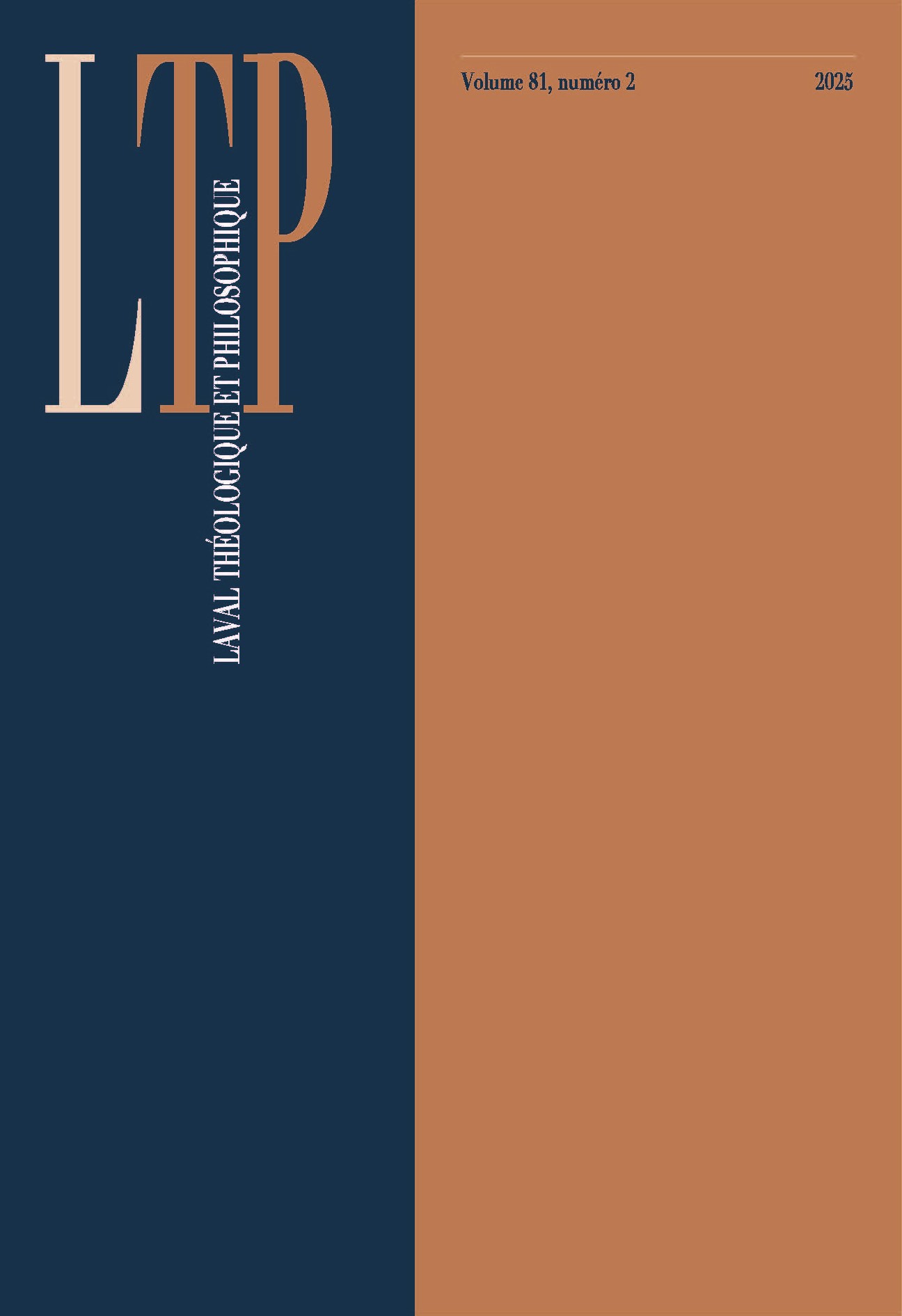Un chemin vers Dieu sans représentation. Proximité et distance entre Eckhart et Husserl
Abstract
This article shows that, by both practising a non-representational epistemology, Eckhart and Husserl are nearer than one might suppose regarding theology. This proximity is based on a similar approach to ontology and egology. Although God is not objectifiable, an ethical experience allows intentionality to be fulfilled. The programmatic choice of Master Eckhart in the Latin sermon Quasi vas auri solidum proves then to be interesting to reread the way Husserl presents the articulation between reason and faith. Although he remains distanced from Meister Eckhart by distinguishing between philosophical and confessional theology, he nevertheless believes that these two paths can be infinitely combined. The study suggests that for both authors, ethical practice legitimises theoretical discourse. Finally, through the approach of Eckhart and Husserl, we are challenged to hear (again) what the word “Revelation” means. The point here is to uncover the possibility of a new “theological phenomenology”.

